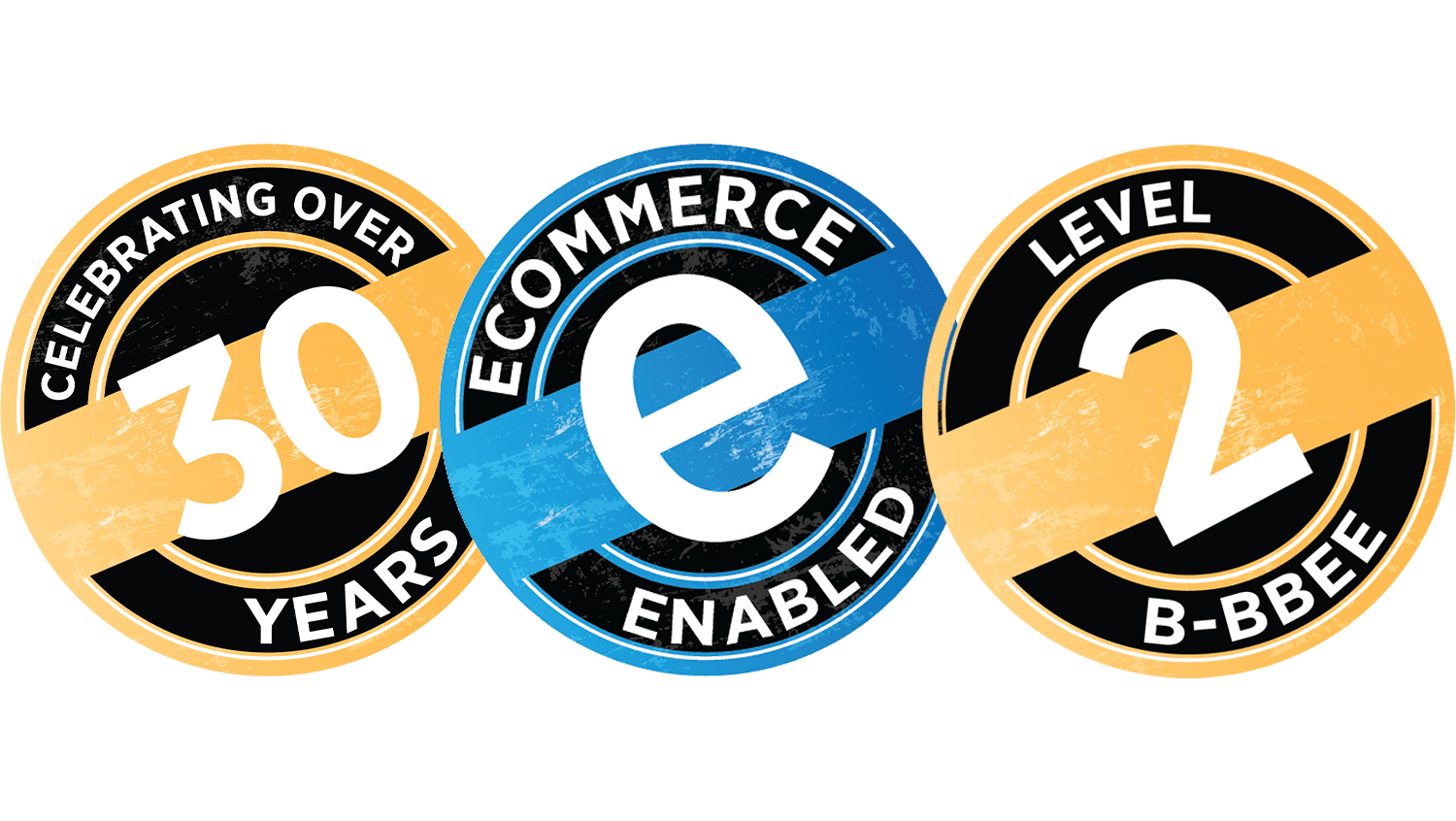JAYCOR Celebrates 30 Years in Business!
From humble beginnings and a family tradition, JAYCOR has over the years grown into a dynamic and multi-faceted connectivity solutions provider, representing world-leading brands in the cables, connectors, network infrastructure and allied industries.
Humble beginnings
JAYCOR founder, Jeff Pokroy, grew up with the cable business in his blood, from Saturday mornings as a young boy licking stamps at his father Simon’s cable business that dated back to 1954, to formally joining the business in 1974. After the business was sold to a large corporate, Jeff left to start his own business, JAYCOR International, in April 1987. Operating without much capital, Jeff relied on the support of long-standing, loyal suppliers who placed stock on consignment to help JAYCOR out of the starting gates. The company now features an extensive customer base, world-leading suppliers, deep expertise, and a commitment and passion for the industry from second and third generation family members as well as top-notch independent professional management.
Times change
JAYCOR started as a traditional cable distributor, however, as technology changed, so did the business. JAYCOR diversified its portfolio of products and value added services across a number of verticals and now takes pride in having become a multi-faceted connectivity solutions provider of specialized and often application-specific cables, connectors, network infrastructure and allied connectivity products and services.
In 2000 JAYCOR became the Sub-Saharan Africa distributors for Belden Cables, a global leader in cable manufacture, and in 2008 exclusive distributor for LEMO, a world leader in connector technology and manufacture. JAYCOR remains a strong proponent of local manufacture and suppliers alike, offering an extensive range and various options to best suit the needs of its customers.
Over the past three decades JAYCOR has witnessed globalization and the enormous step-change in the evolution of technology and the impact it has had on businesses and consumers. And within that change, connecting technology has provided the essential pillars to support an interconnected world, through the Internet of Things (IoT) and the Industrial Internet of Things (IIoT). Today’s cabling and connector technologies are pivotal to the advancements of big data, renewable energy, automation and the many other mission critical technologies that shape our present and future.
Inclusive prosperity
JAYCOR is a proudly South African business and is deeply committed to B-BBEE, economic growth, social and skills development and the people of Africa’s transformation for the prosperity of all. We have for many years been supporters of communities and families inside and outside of our organisation and are currently engaged in an exciting process to promote inclusive ownership in JAYCOR. Our family is becoming bigger and more diverse.
Celebrating three decades
It is with immense pride that JAYCOR celebrates three decades in business and we thank and acknowledge all our staff and stakeholders who have been a part of the journey. The goal is to support and deliver innovation and transformation across the continent into the next 30 years and beyond.
JAYCOR – Your Connectivity Solutions Provider
Greg Pokroy
Director of Marketing & Product Development



